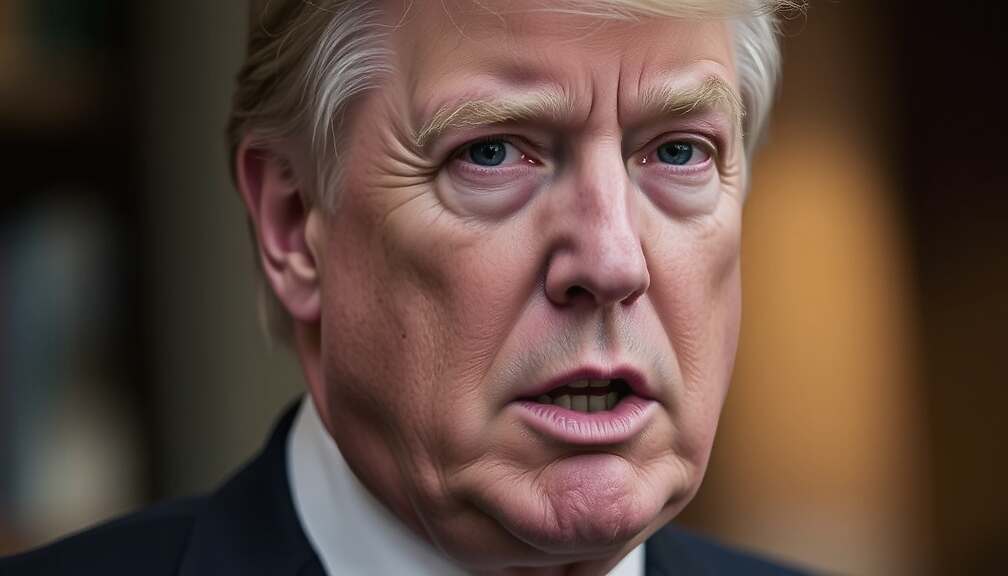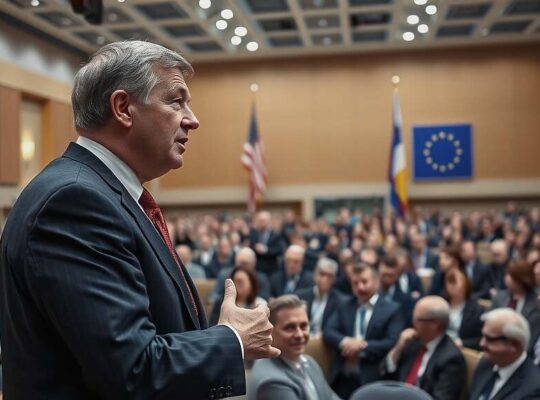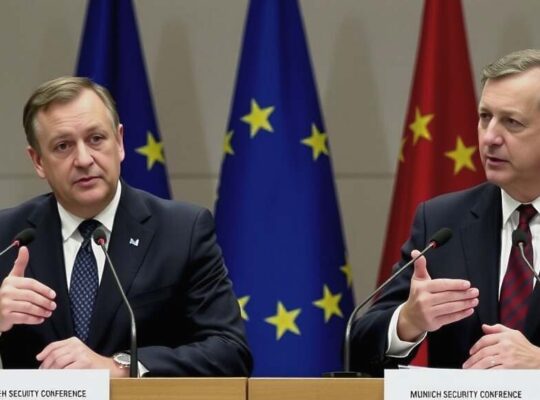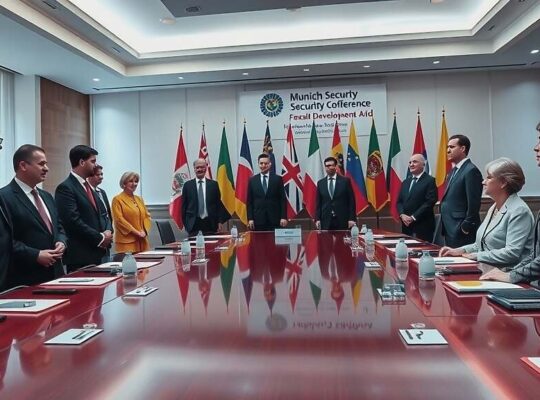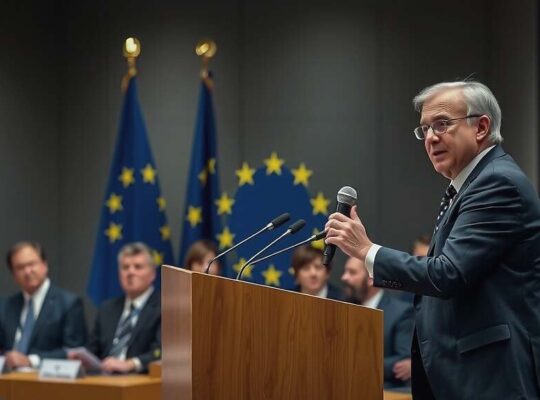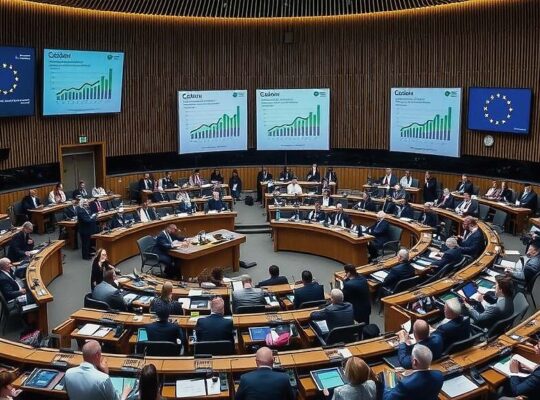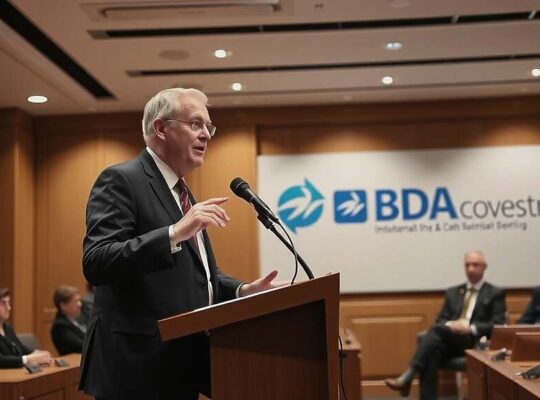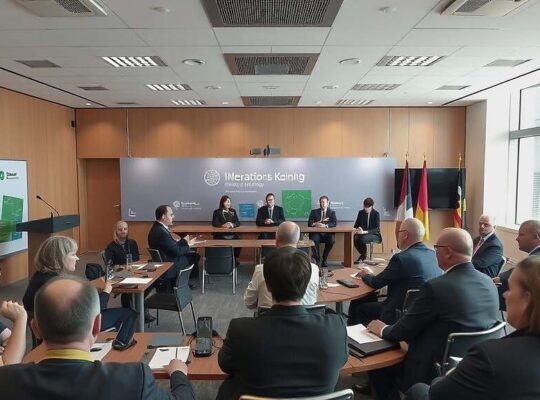The newly appointed Chairman of the German Parliamentary Oversight Committee, Marc Henrichmann (CDU), is calling for a strengthening of German intelligence services and a heightened sense of security among the population. In an interview with “Welt” Henrichmann expressed concern that threats, particularly those originating from Russia, are frequently underestimated or overlooked. He noted a tendency for people to instead attribute issues to disinformation campaigns from government sources or political representatives, emphasizing the need to increase public awareness of actual events.
Henrichmann advocated for expanded powers for the intelligence agencies, suggesting a move towards a unified European standard as a starting point. “We are not talking about overreach, but rather a necessary expansion to a level common in Europe”. This assessment necessitates a re-evaluation of data protection practices. While acknowledging and respecting Europe’s established culture of data protection, he questioned whether its full breadth should be applied to intelligence work, particularly during times of crisis.
He also warned against structural hurdles that impede cooperation with partner intelligence agencies. Henrichmann highlighted how the requirement to review information from partner services for personal data and redact it as needed diverts personnel who are urgently needed elsewhere – for operations that increasingly defy conventional oversight.
Regarding the Military Security Service (MAD), Henrichmann called for greater flexibility. He stated that when German soldiers are stationed abroad, such as in Lithuania and a suspicion of espionage arises outside of the base, the MAD should not be subjected to protracted debates in Berlin. “We need flexible rules of engagement; otherwise, we will always be reacting to threats.
Addressing the issue of data protection’s political impact, Henrichmann criticized a tendency to engage in overly detailed arguments when addressing broader security policy issues. He argued against defining policy based on individual cases of data breaches, acknowledging the tragedy involved but emphasizing the need for a strategic, holistic approach to security and federal policy. “The individual case must not lead to us tying our own hands, as we have done in the past.
Looking ahead, Henrichmann called for a fundamental shift in collaboration between the state and the private sector in the area of cybersecurity. He proposed legally binding reporting channels, clear legal frameworks and, crucially, a feedback mechanism, ensuring those who report incidents receive actionable responses. On the subject of artificial intelligence, he advocated for expanded opportunities, suggesting that those attacked with AI should also be able to defend themselves with AI, whether in combating cyberattacks or identifying terrorist threats.
Henrichmann also defended the rejection of Left Party politician Heidi Reichinnek as a member of the oversight committee, citing the importance of dedicating sufficient time – including extensive evening file review – to the role and raising concerns about perceived associations with left-wing extremist groups. These concerns have, he added, led to skepticism from even former allies.
Regarding the non-inclusion of his CDU colleague, Roderich Kiesewetter, Henrichmann acknowledged the influence of state-level groups in appointments. He explained that Baden-Württemberg designated Alexander Throm, an experienced internal and security policy expert and that he lacked detailed knowledge of the specific decision-making process, while expressing continued appreciation for Kiesewetter’s expertise.


